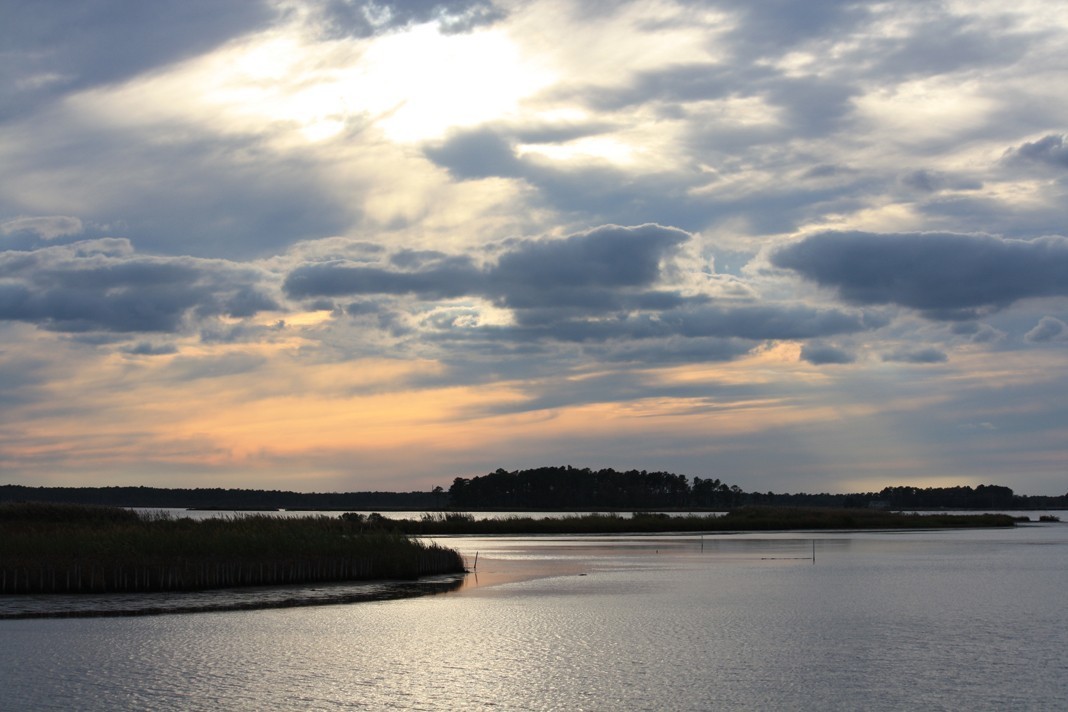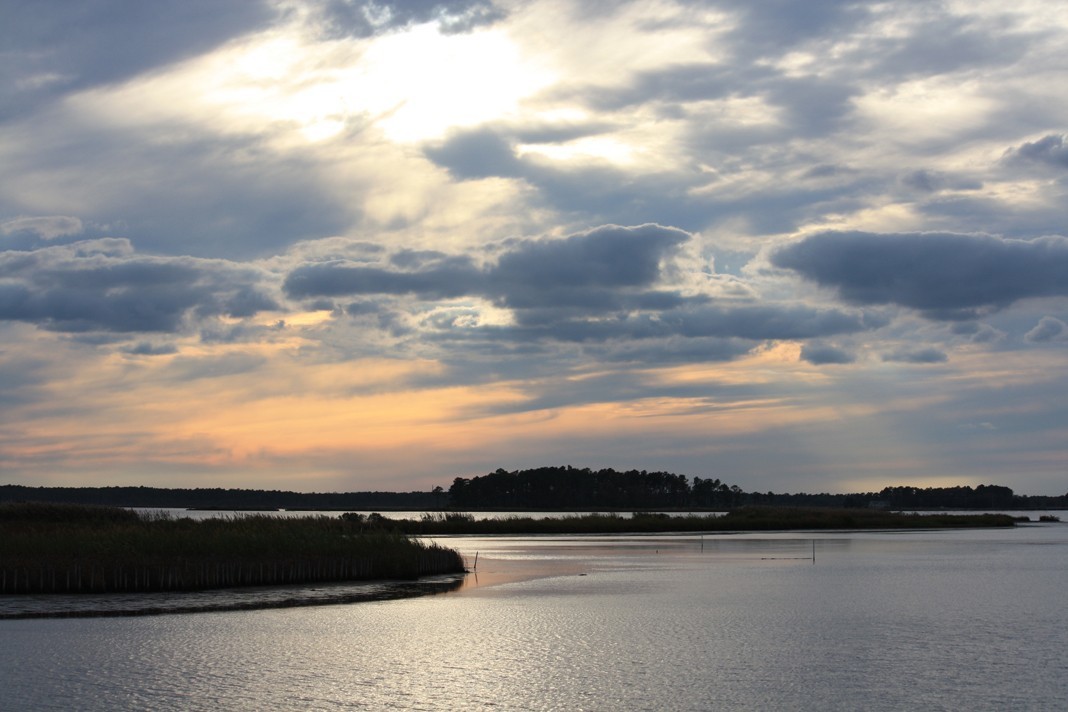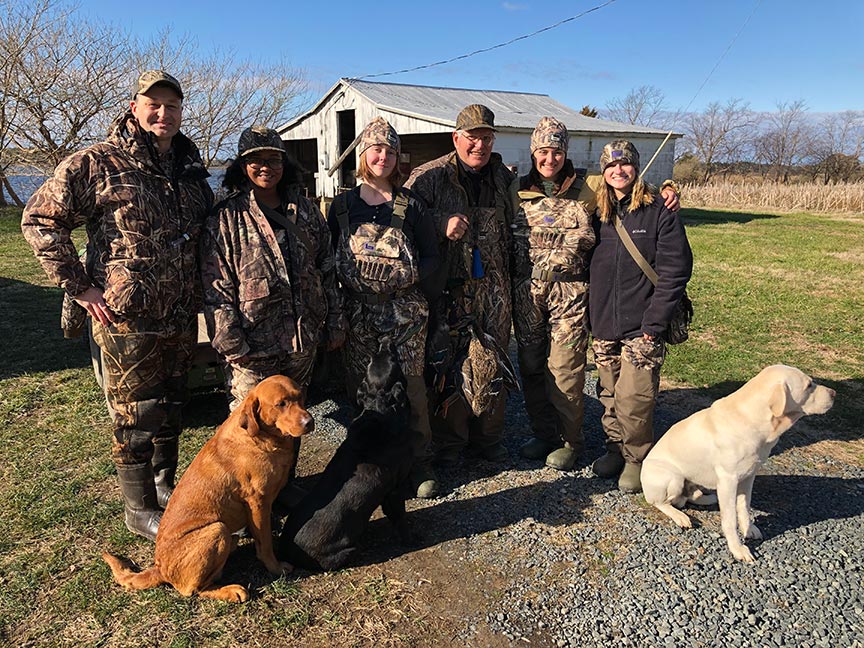Blackwater Refuge
[et_pb_section fb_built=”1″ admin_label=”Header” _builder_version=”4.7.6″ background_color=”rgba(18,135,111,0.22)” use_background_color_gradient=”on” background_color_gradient_start=”rgba(15,37,76,0.7)” background_color_gradient_end=”rgba(14,113,98,0.91)” background_color_gradient_overlays_image=”on” background_image=”https://waterfowlfestival.org/wp-content/uploads/2021/02/WC_HeaderImage.jpg” vertical_offset=”-38px” custom_padding=”||75px|||” global_module=”12538″ collapsed=”off”][/et_pb_section][et_pb_section fb_built=”1″ _builder_version=”4.7.6″ hover_enabled=”0″ custom_padding=”64px|||||” sticky_enabled=”0″][et_pb_row _builder_version=”4.7.6″ background_color=”rgba(0,0,0,0)” vertical_offset=”-230px” custom_padding=”|10px|0px|10px|false|false”][et_pb_column type=”4_4″ _builder_version=”4.7.6″ custom_padding=”80px||40px|” custom_padding_tablet=”0px||” custom_padding_phone=”” custom_padding_last_edited=”on|tablet” padding_tablet=”0px||” padding_last_edited=”on|tablet” custom_padding__hover=”|||”][et_pb_image src=”https://waterfowlfestival.org/wp-content/uploads/2021/02/Footer_WC.jpg” title_text=”Footer_WC” _builder_version=”4.7.6″ _module_preset=”default”][/et_pb_image][et_pb_text _builder_version=”4.7.6″ hover_enabled=”0″ sticky_enabled=”0″]
Waterfowl Chesapeake Commits $20,000 Toward Ducks Unlimited Restoration Project
2018 Awardee
 Waterfowl Chesapeake is pleased to announce its commitment of $20,000 in 2018 matching funds to support the restoration of two parcels of land in Dorchester County and creating 25 acres of “managed freshwater emergent wetland” – a favorite habitat for migratory waterfowl coming to the Chesapeake Bay region.
Waterfowl Chesapeake is pleased to announce its commitment of $20,000 in 2018 matching funds to support the restoration of two parcels of land in Dorchester County and creating 25 acres of “managed freshwater emergent wetland” – a favorite habitat for migratory waterfowl coming to the Chesapeake Bay region.
The land is part of Blackwater National Wildlife Refuge and has been planted in agricultural crops for waterfowl for many years. However, the ground is often so wet that annual planting has become nearly impossible and existing crops are no longer adequately supporting the birds’ needs. The restoration work will create a wetland habitat more suited to both the location and to meeting waterfowl’s lifecycle needs. The project is a partnership between Ducks Unlimited, the Refuge, Maryland Department of Natural Resources and the U.S. Fish & Wildlife Service’s Chesapeake Bay Field Office.
“We are very excited to commit a portion of Waterfowl Festival’s proceeds toward restoration and conservation projects like this on the Shore. It’s very rewarding to be able to continue the Festival’s legacy of year-round support for our region’s unique waterfowl habitats and heritage,” says Margaret Enloe, Waterfowl Chesapeake Executive Director.
Work is expected to begin in early fall of 2018, once remaining funding is secured in the spring. When complete, the two wetland areas, which are adjacent to the Harriett Tubman Underground Railroad Visitor Center, will give visitors to the Blackwater area even more opportunity to enjoy watching our winter ducks, geese and swan feeding and healthy wetland habitat
[/et_pb_text][/et_pb_column][/et_pb_row][/et_pb_section]




